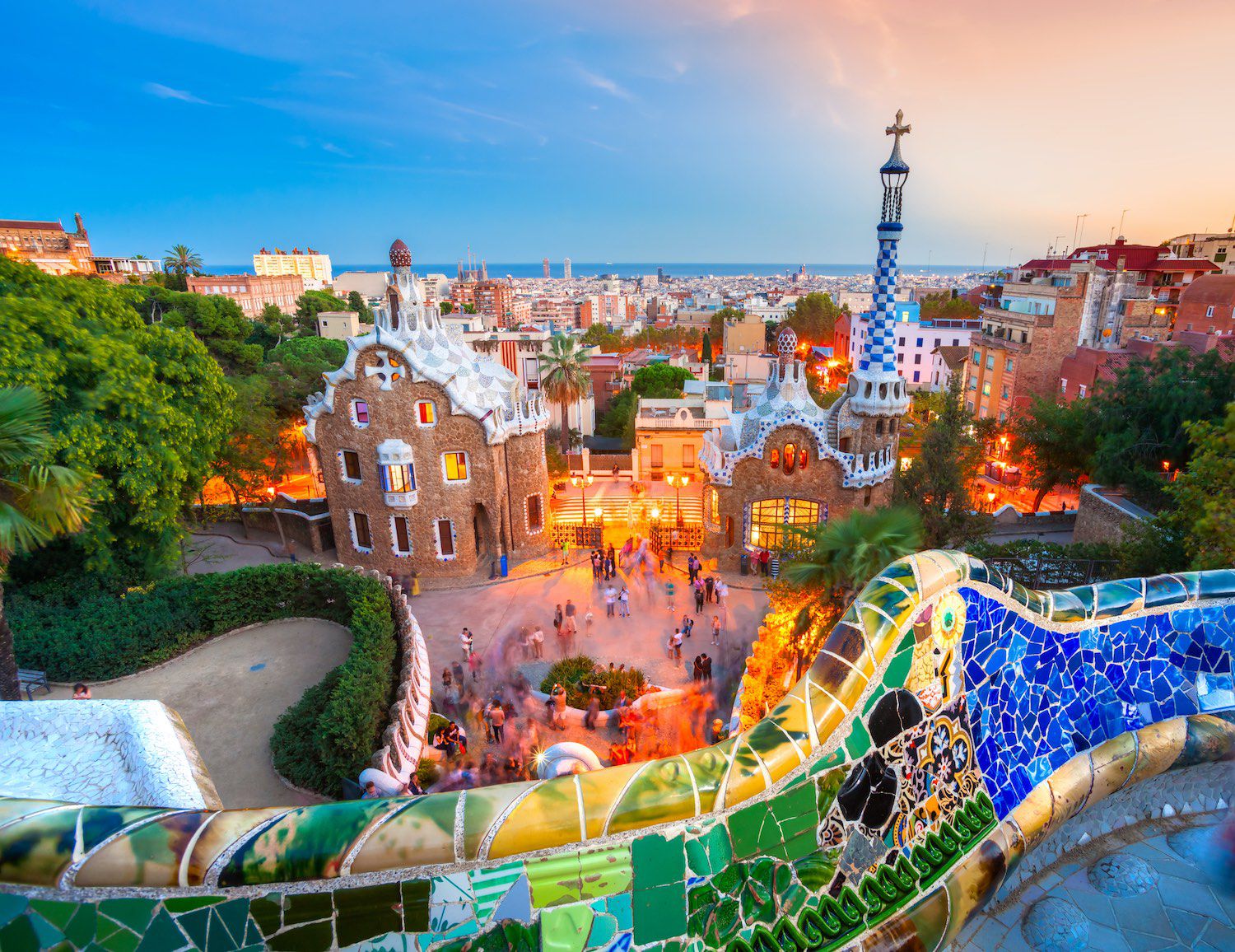Detailed plans are taking shape for the EU’s new anti-money laundering agency.
It’s to have 150 staff in its first year of operation, growing to 300-350 in the subsequent two years, “before reaching probably 400 in cruising regime,” the European Commission said in a memo to EU ambassadors dated 10 May.
It’ll be housed in a 10,000 square-metre office with a “very large meeting room” at its heart “with a table accommodating at least 50 persons at the front row, at least 60 persons at the second row, and 30-40 seats on the side”.
And its brains will be buried in a beehive of some 30 entirely separate and highly secure offices, each one housing a financial-intelligence sleuth posted from one of the 27 EU capitals.
“FIU (financial-intelligence unit) delegates will deal with sensitive information coming from their own FIU and they are bound by national confidentiality rules,” the memo said.
But they will also mix in three “secure and isolated” rooms, “where several [FIU] analysts can meet in parallel, with access to the data of joint analysis and analytical software”, the memo added.
The Anti-Money Laundering Authority (AMLA), first proposed in 2021, is designed to stop the kind of scandal that saw Denmark’s flagship lender, Danske Bank, hammered for handling some €200bn of illicit Russian money five years ago.
Austrian, Belgian, Dutch, German, and Swedish banks have also been caught up in smaller fiascoes in recent years.
Its ultimate tasks are to be decided in three-way talks between the Commission, the European Parliament, and EU countries, which began on 11 May and aim to be wrapped up by the end of this year.
But banking supervision aside, the AMLA could also end up handling EU financial-sanctions enforcement as well as oversight of crypto-currency and non-fungible token assets.
The 400-strong staff also indicates the growing level of EU ambition.
When the Danske Bank scandal broke in 2018, the EU had three banking supervisory bodies — the European Banking Authority and European Securities and Markets Authority in Paris and the European Insurance and Occupational Pensions Authority in Frankfurt.
But these had just two members of staff between them working directly on anti-money laundering at the time.
The application process for EU countries keen to host the AMLA is also due to start any day now, the EU Commission said, and to be completed before the EU elections in mid-2024.
Austria, France, Germany, Ireland, Italy, Lithuania, the Netherlands, and Spain have already voiced interest.
The criteria for selection included in the EU Commission memo included normal issues, such as proximity to airports and hotels, as well as multilingual schools for staff children and local job opportunities for spouses.
They included “geographic balance”, putting larger candidates, which already host two or more other EU agencies, at a disadvantage.
But they also included questions, such as whether host states would be willing to cover the rent of the massive office “indefinitely”, giving richer applicants an edge.
And given the nature of AMLA’s work, criteria also covered “quality of the national AML framework”, as based on evaluations by the Financial Action Taskforce (FATF), an intergovernmental body in Paris, casting doubt on Austria and Luxembourg’s pitch, given their deeply entrenched reputations as dirty-money sumps.





















Discussion about this post